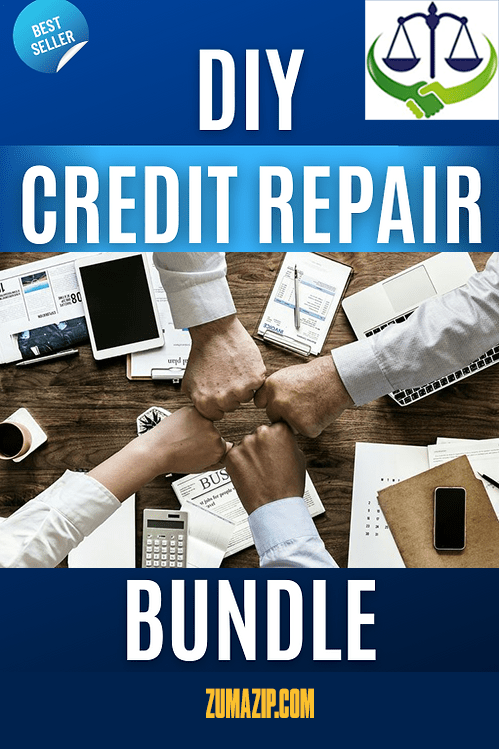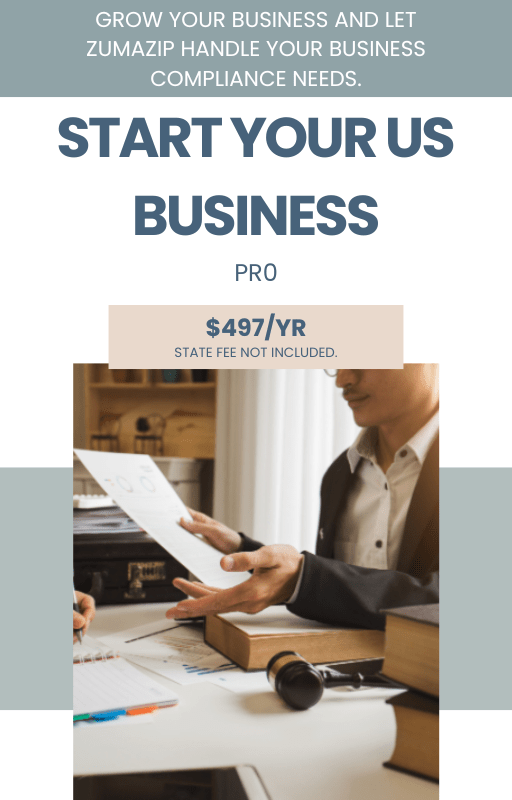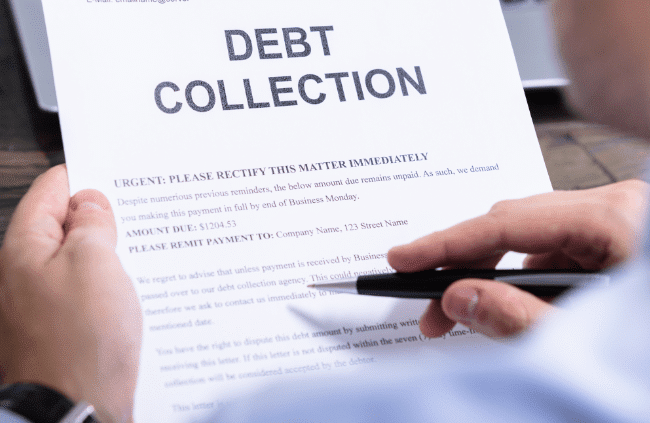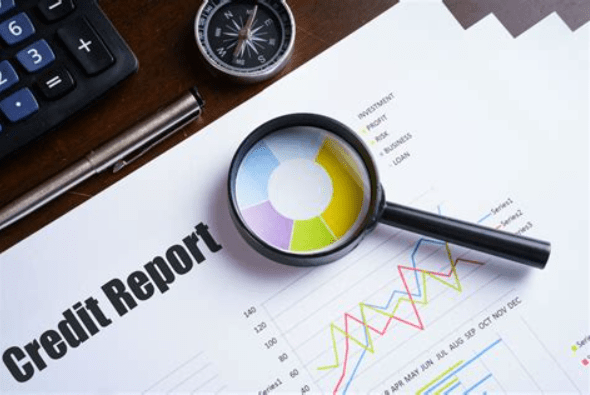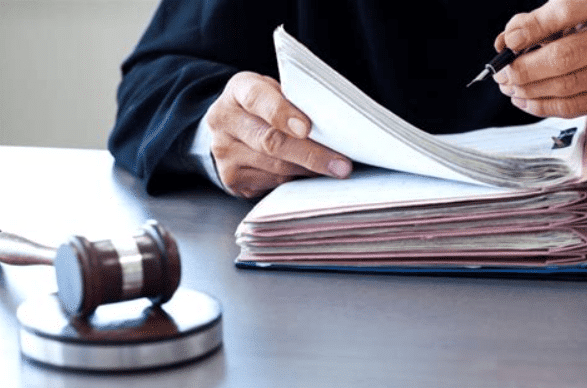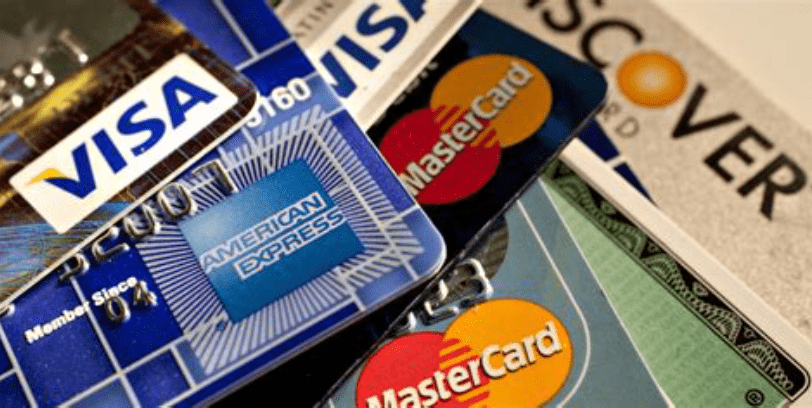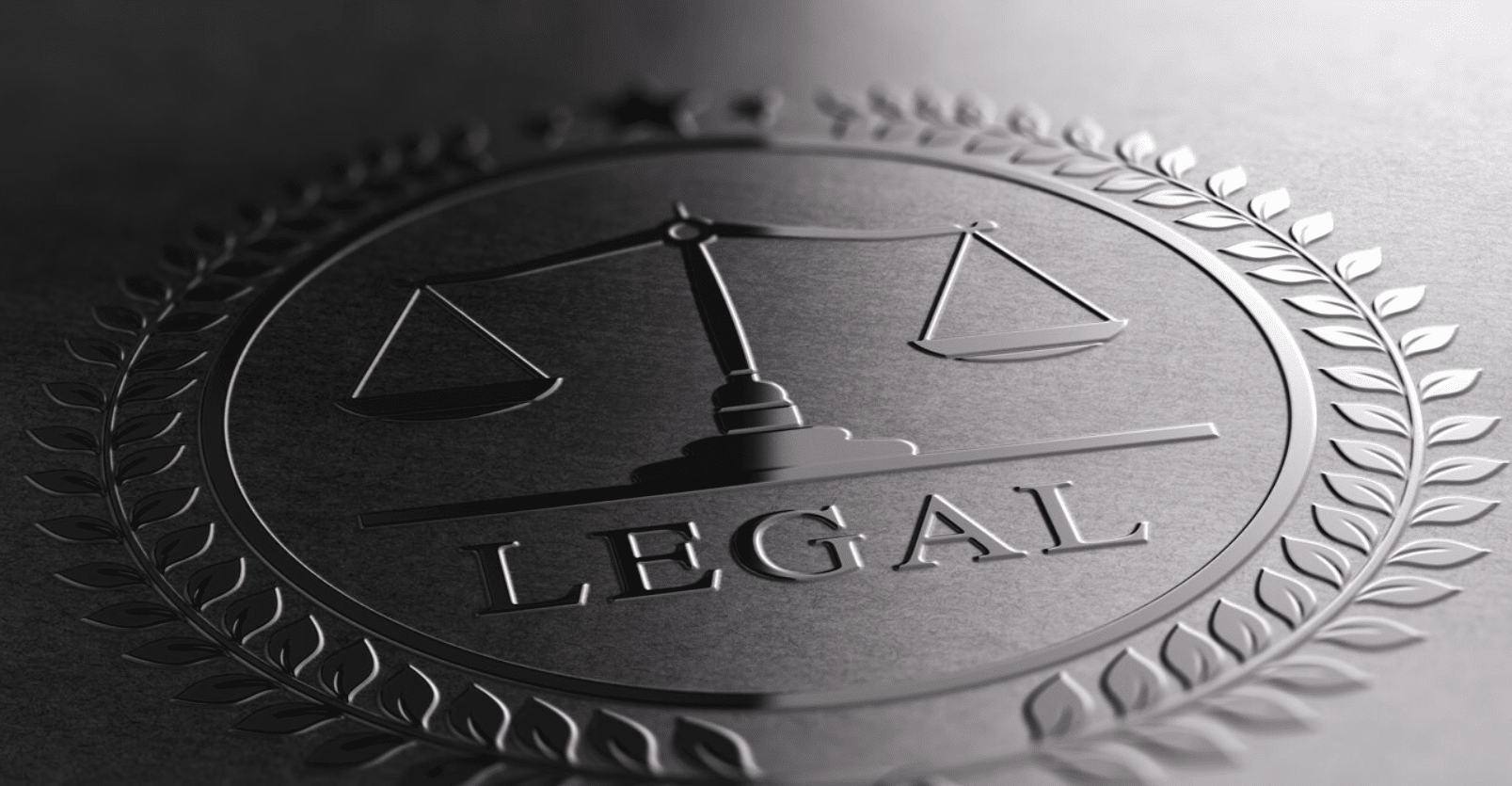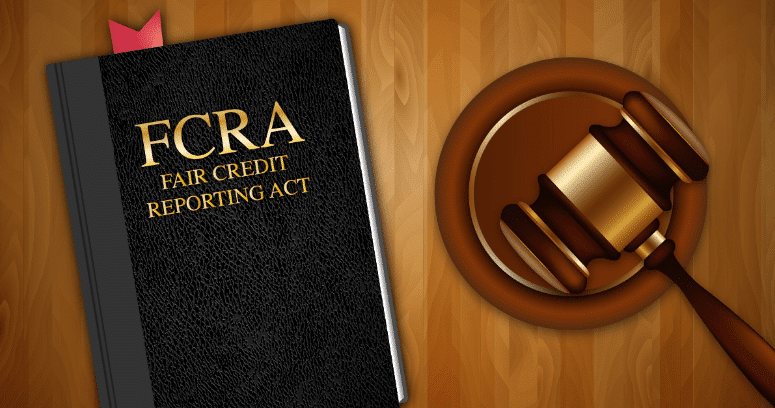Debt consolidation sounds like a lifesaver, but is it really the golden ticket out of debt? Before you jump in, consider this: While consolidating your debt might seem like a neat solution, it could end up costing you more in the long haul, putting a dent in your credit score, and more.
Sure, bundling all your debts into one might seem like a neat trick, but if you’re not careful, you could end up paying more in interest over time. Plus, if you miss payments or default on your consolidated loan, your credit score could take a hit – not exactly the outcome you were hoping for.
So, before you dive into debt consolidation, take a step back and weigh the pros and cons. It might not be the magic fix you’re looking for.
Absolutely! Debt consolidation can come with its fair share of risks, and unfortunately, borrowers don’t always get the full picture upfront. Here’s the deal: Financial advisors and lenders might not always disclose all the nitty-gritty details, leaving borrowers in the dark about potential pitfalls.
The devil’s in the details, as they say, and those terms and conditions tucked away in the fine print could hold some unpleasant surprises. Things like sneaky additional fees or less-than-ideal payment terms might catch borrowers off guard.
It’s true – most folks are just thrilled at the prospect of snagging a lower interest rate than what they were dealing with before. But it’s crucial to dig deeper and make sure you’re not walking into a trap. Don’t let the allure of a lower rate blind you to the potential downsides of debt consolidation. It pays to read between the lines and know exactly what you’re signing up for.
The Fair Trade Commission requires debt consolidation companies to reveal all the information before agreeing. This includes informing borrowers of:
- Fees and additional charges that come with the new loan.
- Debt consolidation risks involved.
- The prospective time they will clear the new debt if they consolidate with a particular method.
In this article, we’ll delve into the world of debt consolidation, examining both its benefits and drawbacks. But before we dive in, let’s first unpack how debt consolidation actually works.
How Debt Consolidation Works:
When you consolidate your debt, you’re essentially merging multiple loans into a single, streamlined payment. Instead of juggling various debts with different due dates and interest rates, you combine them into one manageable monthly payment.
The goal of debt consolidation is to simplify your debt management process. With just one payment to focus on, it becomes easier to stay organized and make progress toward paying off your debt. Plus, consolidating your debt can often lead to perks like lower interest rates, reduced monthly payments, and ultimately, a quicker path to debt freedom.
It’s worth mentioning that debt consolidation isn’t the same as debt settlement. While both strategies aim to help you tackle debt, consolidation generally carries fewer risks. As long as you haven’t defaulted on your payments, consolidating your debt shouldn’t have any negative impact on your credit report.
Keep in mind that the process of debt consolidation can vary depending on whether you have a secured or unsecured loan. Understanding these differences is key to making informed decisions about managing your debt effectively.
Let’s walk through an example to see how debt consolidation might work in practice.
Example: Stacy’s Debt Consolidation Journey
Stacy finds herself juggling multiple debts and feeling overwhelmed by the hassle of managing them separately. Here’s a breakdown of her current situation:
- Credit card debt: $900
- Store card debt: $480
- Utility debt: $520
With three separate debts to keep track of, Stacy decides to explore the option of debt consolidation. After doing some research, she applies for a new consolidation loan totaling $1900.
Once her loan application is approved, Stacy receives the funds and uses them to pay off her existing debts in one fell swoop. Here’s how it works:
- Stacy’s $900 credit card debt is paid off.
- Her $480 store card debt is also cleared.
- Finally, her $520 utility debt is settled.
Now, instead of juggling multiple payments with different due dates and interest rates, Stacy has just one loan to manage. She makes a single monthly payment toward her consolidation loan, which simplifies her debt management process and helps her stay on track toward becoming debt-free.
By consolidating her debts, Stacy can enjoy benefits like potentially lower interest rates and reduced monthly payments. Plus, she’s now able to focus on just one debt, making it easier to track her progress and stay motivated on her journey to financial stability.
File a response to your debt collection lawsuit fast with ZumaZip.
To navigate debt consolidation options effectively, it’s essential to grasp the distinction between secured and unsecured loans.
Secured Loans: Secured loans are backed by collateral, typically property like your home or car. When you take out a secured loan, you’re essentially pledging your property as security. If you fail to make payments, you risk losing the property that the loan helped you acquire. For instance, with a mortgage, your house serves as collateral. If you default on the loan, the lender has the right to foreclose on your home to recoup their losses. The same principle applies to car loans – your vehicle acts as security for the loan. Secured loans generally come with lower interest rates because they pose less risk to the lender.
Unsecured Loans: Unsecured loans, on the other hand, aren’t backed by any collateral. Instead, they’re granted based on your promise to repay, typically relying on factors like your credit history. Credit cards are a common example of unsecured loans. Since there’s no collateral involved, unsecured loans carry higher interest rates to compensate for the increased risk to the lender. If you fail to make payments on an unsecured loan, the lender may resort to collections or legal action to recover the debt.
Understanding the difference between secured and unsecured loans is crucial when considering debt consolidation options. Depending on your financial situation and the types of debts you’re looking to consolidate, one type of loan may be more suitable than the other.
Debt consolidation through secured loans offers several options, like refinancing your home, taking out a second mortgage, or utilizing a home equity line of credit. Additionally, you can secure a car loan or borrow against assets like your life insurance policy or 401(k).
However, opting to use your property as collateral poses risks. If you struggle to repay your consolidation loan, you could potentially lose your home, car, or retirement savings. While consolidating debts into a single loan may offer lower interest rates, reduced monthly payments, and long-term savings, it’s essential to weigh these benefits against the associated risks.
Despite the allure of lower monthly payments, consolidating debts into a secured loan extends the repayment timeline, resulting in higher overall interest payments. Furthermore, failing to manage your debt diligently could jeopardize your valuable assets and financial security.
Ultimately, before committing to debt consolidation with a secured loan, carefully consider your ability to repay the loan and assess the potential consequences of putting your assets at risk. While consolidation may offer short-term relief, it’s crucial to prioritize long-term financial stability and mitigate potential risks to safeguard your future and that of your family.
Debt consolidation through unsecured personal loans is less prevalent nowadays, primarily due to stringent credit requirements. To qualify for such loans, borrowers typically need an excellent credit profile, which may not be accessible to those considering debt consolidation. It’s a bit of a catch-22 – individuals with sound credit may not seek consolidation, while those exploring consolidation often have compromised credit due to missed payments.
However, for those with strong credit scores, securing a no-interest or low-interest rate on a credit card could serve as an effective means of obtaining an unsecured personal loan for consolidation purposes. While these options may be limited, they can provide a pathway to consolidating debt without the need for collateral.
It’s essential to weigh the pros and cons of unsecured debt consolidation loans carefully. While they offer flexibility and don’t put your assets at risk, they typically come with higher interest rates compared to secured loans. As such, it’s crucial to explore all available options and assess your financial situation before committing to debt consolidation through unsecured loans.
Let’s break down Bob’s situation and see how debt consolidation could work for him.
Bob’s Current Debts:
- Fuel credit card debt: $560 at 9% interest rate
- Student loan balance: $940 at 11% interest rate
- Store card debt: Amount not specified, but we’ll include it in the consolidation.
Consolidation Strategy: Bob decides to consolidate his debts using a new credit card with a 0% Annual Percentage Rate (APR) for the first 18 months. Here’s how it works:
- Consolidation Amount: Bob consolidates his total debt of $1500 onto the new credit card.
- Interest Savings: Since the new credit card offers a 0% APR for the first 18 months, Bob won’t accrue any interest during this introductory period. This means he can pay off his original debts without any additional interest charges.
- Payment Plan: With no interest accruing, Bob can focus on paying down his consolidated debt within the 18-month timeframe. By making consistent monthly payments, he can clear his debt without incurring any interest charges.
Potential Outcome: Assuming Bob successfully pays off the consolidated debt within the 18-month period, he’ll effectively have paid off his original debts at no interest rate. This could result in significant savings compared to continuing to pay off the debts separately with their respective interest rates.
It’s worth noting that debt consolidation through a 0% APR credit card can be a valuable strategy for borrowers looking to save on interest charges, provided they can commit to paying off the consolidated debt within the introductory period. However, it’s essential to carefully manage payments and avoid accruing additional debt during this time to maximize the benefits of consolidation.
Beat credit card companies in court with ZumaZip.
Debt consolidation through an unsecured loan or credit card can offer significant benefits, especially for individuals juggling multiple credit card debts. By consolidating debts into a single payment, borrowers have the opportunity to pay off their balances with minimal to no interest, potentially saving money in the long run.
However, there are risks associated with debt consolidation that borrowers should carefully consider:
- Difficulty Obtaining Credit: Securing a new line of credit, such as an unsecured loan or credit card, may be challenging without a good credit score. Borrowers with less-than-ideal credit may struggle to qualify for favorable terms, potentially limiting their debt consolidation options.
- Risk of Increased Spending: While debt consolidation aims to streamline debt repayment, there’s a risk that borrowers may continue to accrue more debt, particularly if they’re tempted to use newly available credit. It’s essential for borrowers to address underlying spending habits and create a budget to avoid falling back into debt.
- Potential for Higher Costs: While consolidating debt can lead to savings through lower interest rates, borrowers may end up paying more in the long run if they secure a consolidation loan with less favorable terms. Factors such as debt-to-income ratio, credit score, and loan terms can impact the overall cost of consolidation. Borrowers should carefully evaluate loan offers to ensure they’re getting the best deal possible.
- Consequences of Missed Payments: Missing payments on a consolidation loan can have serious repercussions, including damage to credit scores and the risk of losing assets if the loan is secured. Borrowers must stay committed to making timely payments and have a plan in place to address unexpected financial challenges.
While debt consolidation can be an effective strategy for managing debt, it’s crucial for borrowers to weigh the potential risks against the benefits and carefully assess their financial situation before proceeding. By understanding the potential pitfalls of debt consolidation and taking proactive steps to mitigate risks, borrowers can make informed decisions to improve their financial health.
Debt consolidation can be a viable option for managing your debt, but it’s essential to weigh the risks and benefits carefully. While there are potential pitfalls associated with consolidation, such as higher costs and the risk of increased spending, these risks can be mitigated with proper research, responsible spending habits, and commitment to timely payments.
If you’re considering debt consolidation, here are a few key questions to ask yourself:
- Can I qualify for a consolidation loan with favorable terms? Assess your credit score, debt-to-income ratio, and overall financial health to determine if you’re likely to qualify for a consolidation loan with competitive interest rates and manageable repayment terms.
- Am I committed to changing my spending habits? Consolidating your debt won’t solve underlying issues with overspending or financial mismanagement. It’s essential to address these habits and develop a budget to ensure you don’t fall back into debt after consolidating.
- Can I afford the monthly payments? Evaluate your budget to ensure you can comfortably afford the monthly payments on a consolidation loan. Missing payments can have serious consequences, including damage to your credit score and the risk of losing assets if the loan is secured.
- Have I explored other debt management options? Consider alternatives to debt consolidation, such as debt settlement, credit counseling, or creating a repayment plan directly with creditors. These options may offer different benefits and drawbacks based on your individual financial situation.
ZumaZip is a comprehensive platform designed to empower individuals facing debt-related challenges. Whether you’re dealing with debt collectors, responding to a lawsuit, or negotiating a settlement, ZumaZip provides user-friendly tools and resources to help you navigate the process with confidence.
The platform’s Answer service offers a step-by-step web application that guides users through the process of responding to a debt lawsuit. By asking all the necessary questions, ZumaZip ensures that users can complete their Answer accurately and efficiently. Additionally, ZumaZip provides peace of mind by offering attorney review of completed documents and filing assistance.
In addition to its Answer service, ZumaZip allows users to communicate with debt collectors by sending letters and facilitates the debt settlement process. By centralizing these essential debt management tasks, ZumaZip aims to simplify the process and help individuals assert their rights effectively.
Overall, ZumaZip serves as a valuable resource for individuals facing debt-related challenges, offering practical tools and support to help them navigate the complexities of debt collection and legal proceedings.













